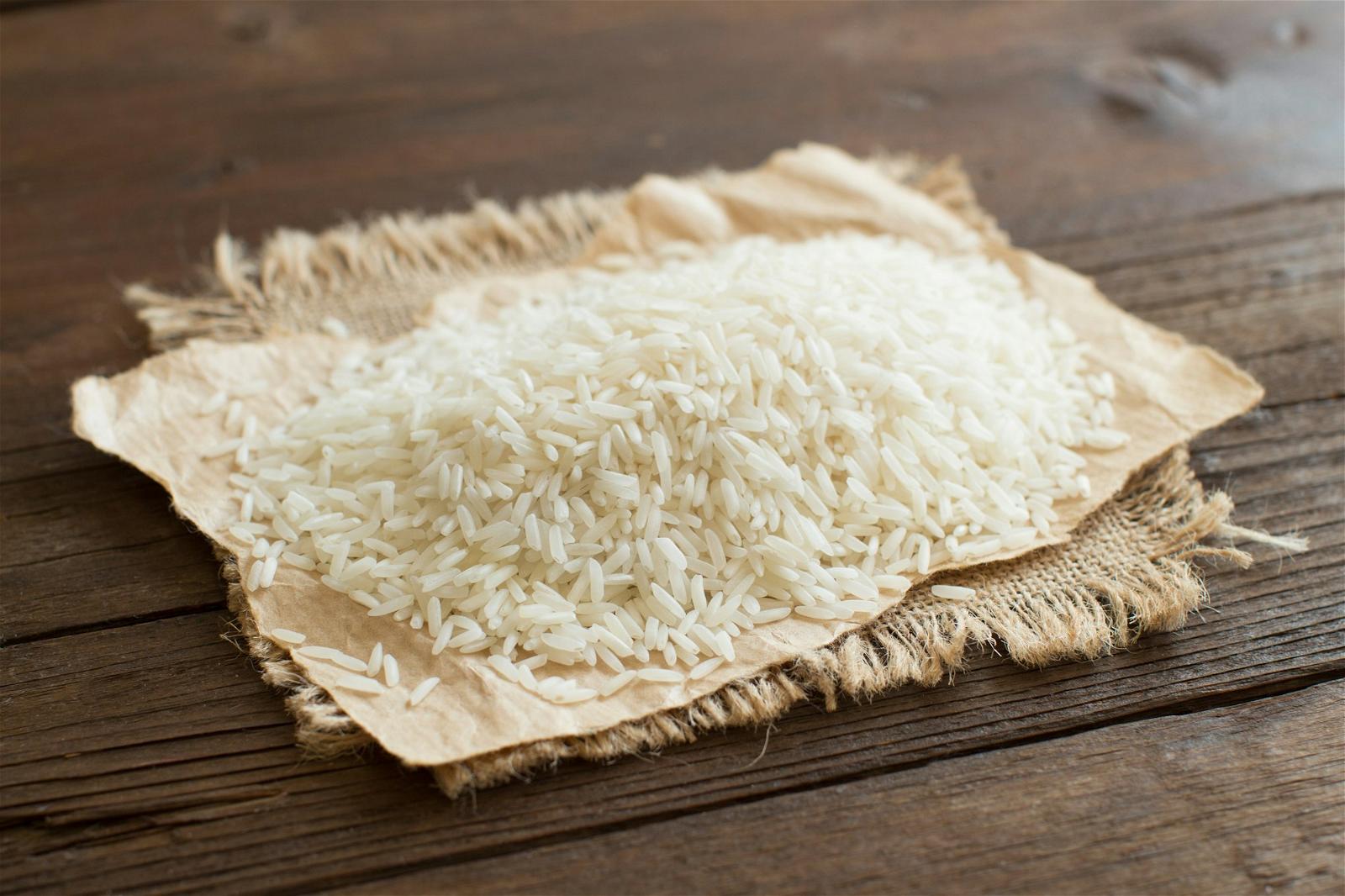Figuring out how much basmati rice to serve each person can be confusing. The ‘½ cup per person‘ rule doesn’t always apply. This becomes more complex when you consider age, dish type, and how you want the rice to feel.
Grasping these details can improve your cooking by helping you make the perfect amount of rice. This article explores how to measure basmati rice portions. It gives tips on tailoring amounts to reduce waste and make better meals.
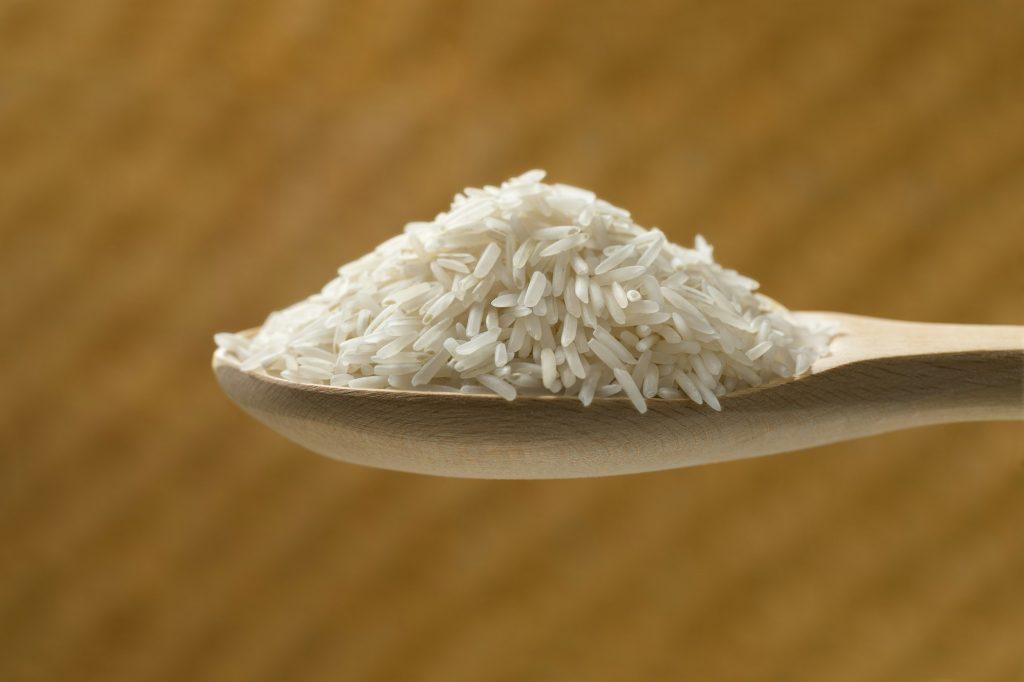
🍚Basmati Rice: How Much Per Person? The Mystery Solved!
When cooking basmati rice, the first step is determining the right amount per person. The standard serving size is 1⁄2 cup of uncooked basmati rice per adult. This yields about 1 cup cooked rice.
However, serving sizes can vary based on factors like:
- Age – Children may eat around 1⁄4 cup uncooked.
- Appetite – Adjust portions up or down as needed.
- Dish type – Main dishes may use more rice than side dishes.
Here’s a handy table with serving size guidelines to remember:
| Person | Uncooked Rice | Cooked Rice |
| Adult | 1⁄2 cup | 1 cup |
| Child | 1⁄4 cup | 1⁄2 cup |
💁🏻♂️Unsure About Leftovers? Master Lefover Magic!
Leftover basmati rice can seem tricky. I often used leftovers for creative recipes like rice cakes and coconut rice pudding. But adjusting portions is key to reducing waste.
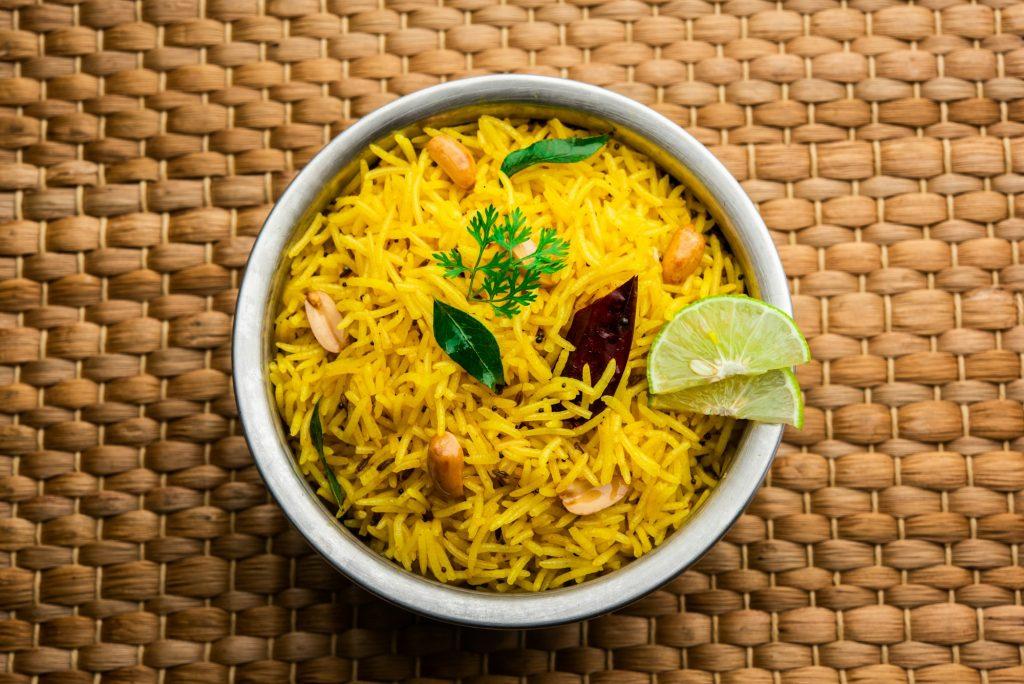
Here are my best tips for repurposing or storing basmati leftovers:
- Make fried rice – Toss cold rice with eggs, vegetables, soy sauce and sesame oil.
- Bake into snacks – Combine with spices and binders for rice cakes or tikkis.
- Prepare rice pudding – Cook with milk, sweeteners, nuts and raisins.
- Portion and refrigerate – For up to 4 days or freeze for longer storage.
- Calculate portions – Reduce overall rice cooking amounts based on expected leftovers.
Check out this table comparing storage methods:
| Storage Method | Shelf Life | Taste Impact |
| Refrigeration | Up to 4 days | Minimal change |
| Freezing | 2-3 months | Textural changes |
💁🏻♂️You may also like: How much other types of rice per person?
More Than Just a Number: Customize Your Basmati
Serving sizes are a starting point, but many factors can impact how much basmati rice you really need. As a chef, I learned to adjust amounts based on guests’ preferences.
Here are key points that change rice portion needs:
- Ages of diners – Older adults may want smaller portions than teens.
- Appetites – Hungry groups may devour extra helpings.
- Accompanying dishes – More rice fits with drier curries vs. soupy stews.
- Cooking method – Absorption method rice expands more than pot.
This table shows how cooking format impacts expansion:
| Method | Water Ratio | Yield | Fluff Factor |
| Absorption | 1:2 cups rice to water | 2 cups uncooked = 4 cups cooked | 100% |
| Pot | Boiling water | 1 cup uncooked = 2 cups cooked | 50% |
🪄 Texture Talk: Achieve Sticky or Fluffy Nirvana
One of the secrets to sensational basmati rice is unlocking the perfect texture. Customers at the Boat Basin Cafe would often request “the fluffy rice” to accompany rich curries.
Rinsing is the key technique to know. This washes away excess starch for light and tender grains.
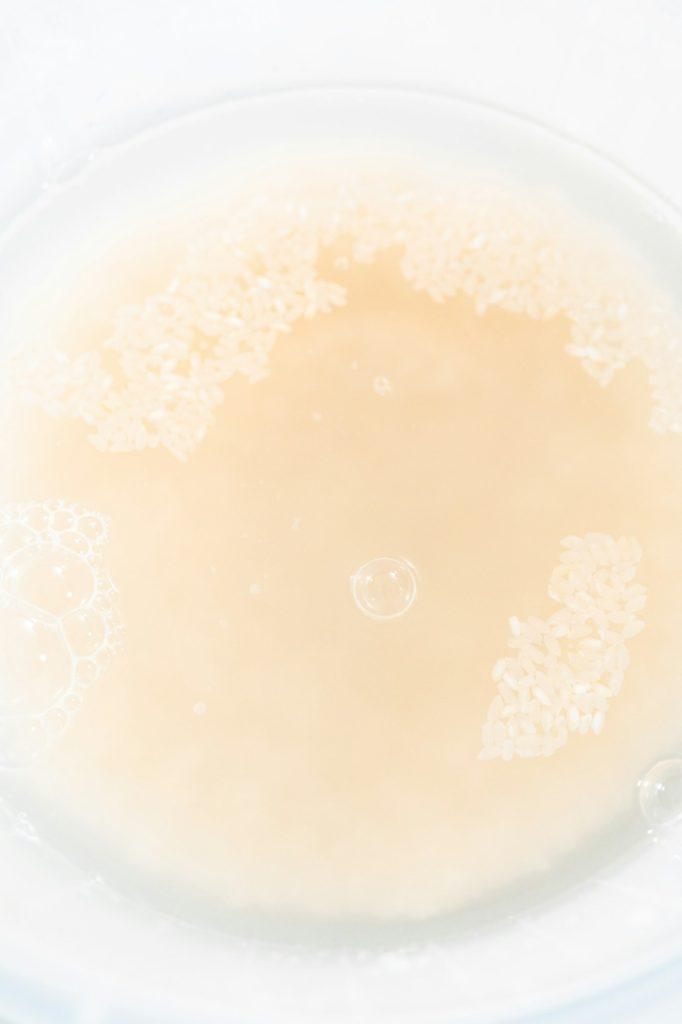
- Rinse before cooking – This produces fluffy, separated rice.
- Skip rinsing – Leaves more starch for sticky rice dishes like biryani.
Check out the contrast in this infographic:
While Indian chicken biryani benefits from sticky rice binding it together, a vegetable curry would match better with fluffy, rinsed basmati.
✨ Beyond the Basics: Elevate Your Basmati Journey
Mastering basic basmati rice prep is step one, but real magic comes from going further. During my chef training in India, I picked up brilliant tricks from home cooks over decades.
Here are my top tips for getting more from your basmati:
- Soak before cooking – Hydrating the rice for 30 minutes unlocks more expansion and separated grains after cooking.
- Ditch the water – For richer flavor, I cook basmati in coconut milk or vegetable broth instead of water.
- Toast before boiling – Quick dry roasting brings out nutty notes to complement curries.
- Stuff and fold – Filling cooked rice into leafy bundles makes a fun snack or side.
- top with mix-ins – Finish your rice bowl with cool raita sauce, pickled veggies or crispy noodles.
While the basic 1:2 water-to-rice ratio delivers perfection every time, don’t be afraid to continue experimenting!
A Journey Through Time: The Fascinating Story of Basmati
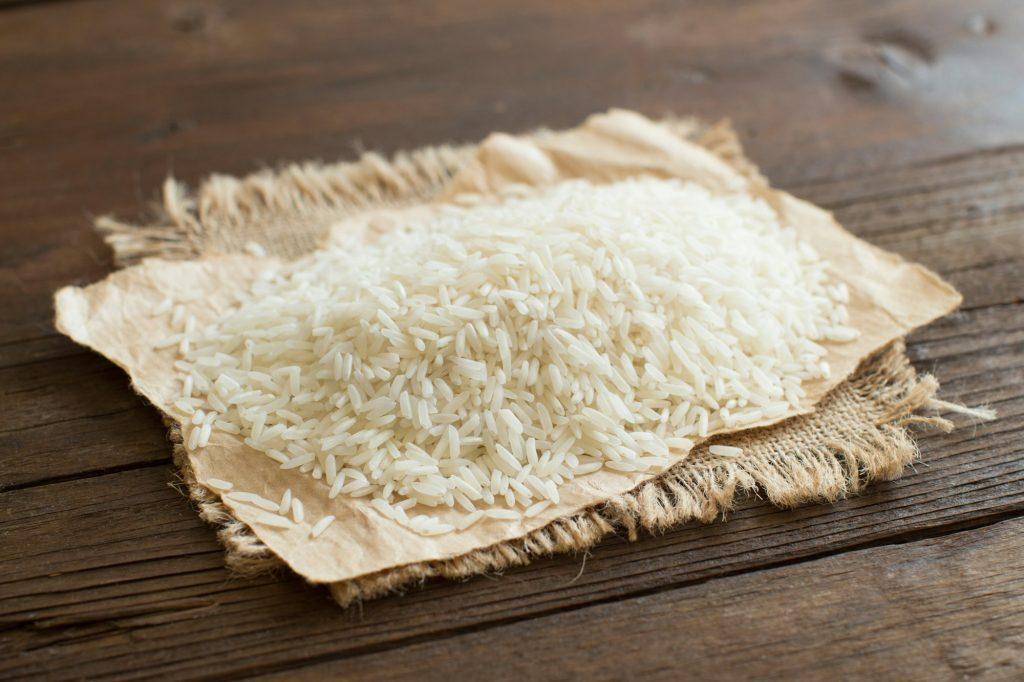
While experimenting with basmati as a Boat Basin Cafe chef, I became fascinated by its thousands of years of history.
This aromatic rice originated in the Himalayan foothills of India and Pakistan, with some of the first recordings dating back to the 4th century BC.
For centuries, traditional methods have produced signature basmati known globally today for its slim shape, floral aroma and fluffy texture when cooked.
The “Fragrant Rice”: Unveiling the Secret Aroma
The name “basmati” translates to “the fragrant one” due to its incredibly scented flavor and aroma.
This comes from naturally occurring compounds, especially one called 2-acetyl-1-pyrroline, which creates notes of popcorn and pandan leaf.
That unmistakable scent intensifies as the rice ages after harvest. No wonder this queen of fragrance has earned worldwide recognition!
Global Recognition: Why Basmati Stands Out
Given its specialty status, India secured Protected Geographical Indication (PGI) status in 2016 for authentic basmati rice harvested and processed in specific Indian regions.
This honors traditional production methods that yield basmati’s signature traits like an extra-long shape and the highest quality fragrance. For genuine flavor, opt for PGI-certified brands.
FAQs
How much rice do I need for 1 person?
The standard serving size for basmati rice is 1⁄2 cup uncooked per adult. This yields about 1 cup cooked rice which is suitable for one adult as a side dish. Adjust amounts up for larger appetites or main dishes. For children, serve a 1⁄4 cup uncooked.
How much is a serving of basmati rice?
The typical serving size is 1⁄2 cup uncooked or 1 cup cooked basmati rice per adult. For kids, use about 1⁄4 cup uncooked. Keep in mind these are general guidelines—serving sizes can be customized for larger or smaller appetites.
How much does 1 cup basmati rice feed?
One cup of uncooked basmati rice will feed 1 adult as a side dish. This cooks into 2 cups total—a standard single serving according to rice industry standards. For main dishes or multiple people, cook more as per individual appetites.
How much water for 2 cups of basmati rice?
The standard water ratio for basmati rice is 1:2—meaning you use 2 cups water for every 1 cup rice. So for 2 cups uncooked basmati rice, you would add 4 cups water (twice the volume as rice). This ratio produce fluffy, separate grains.
Is 1 cup of rice enough for 1 person?
Yes, 1 cup of cooked white rice is typically enough for 1 adult as a side dish serving. This equals 1⁄2 cup uncooked rice. Main dishes may call for 1 1⁄2 cups or more per person based on appetite. Children will likely eat approximately 1⁄2 cup cooked rice.
